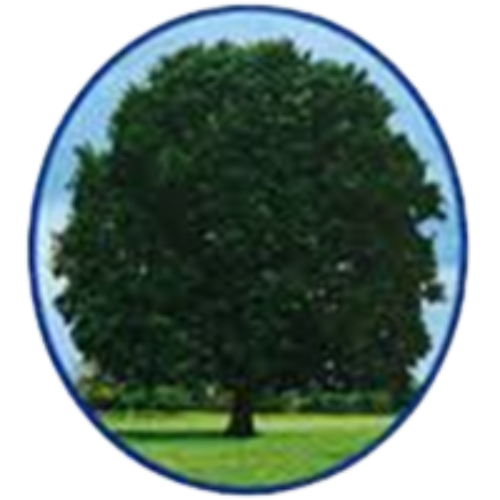April
WISDOM
Our new value for this half term is Wisdom. Reverend Mark came in this week to lead collective worship and talked about Wisdom.
He asked the children what they thought wisdom might mean?
He explained that wisdom means knowing the difference between right and wrong, and understanding the outcomes of our decisions.
The children were shown five pictures. For each one, they had to give a thumbs-up if they thought that the people in the pictures were being wise, and a thumbs-down if they were being unwise.
Reverend Mark explained that one of the wisest people in the Old Testament part of the Bible was King Solomon. We watched a short film about how Solomon gained his wisdom.
At the end of the video, we heard that Solomon was known as a wise king and ruled Israel for many years. In fact, Solomon also wrote the Book of Proverbs, which is in the Old Testament. It is a book of wise sayings that still apply today.
Revered Mark shared some proverbs and asked the children to consider what they might mean.
- ‘A cheerful heart is good medicine.’ (Proverbs 17.22)
- ‘Pride comes before a fall.’ (Proverbs 16.18)
- ‘Look at the ant, you slacker! Observe its ways and become wise.’ (Proverbs 6.6)
Over the Easter Holidays the children were asked to write some of their favourite Proverbs to share with their class and we are going to share some next week with Reverend Mark.
Prayer
Dear God,
Thank you for Solomon’s wisdom and his wise words in the Book of Proverbs.
Thank you for the wisdom that we learn inside and outside school.
Thank you for the people who help us and teach us to be wise.
We pray that we might all have the wisdom to make the right choices every day.
Amen.
PALM SUNDAY
Reverend Mark and the Worship Council planned and led the worship service for Palm Sunday. The members of our Worship Council supported Reverend Mark by operating the puppets to tell the story of Jesus' entry into Jerusalem.
The service was vibrant and engaging, with the puppets bringing key moments to life—such as the crowd waving palm branches and shouting, "Hosanna!" as Jesus rode into the city on a donkey.
On Palm Sunday Jesus sent out two of his disciples. He said to them, “Go to the village ahead of you. As soon as you get there, you will find a donkey’s colt tied up. No one has ever ridden it. Untie it and bring it here. Someone may ask you, ‘Why are you untying it?’ If so, say, ‘The Lord needs it.’?” Those who were sent ahead went and found the young donkey. It was there just as Jesus had told them. They were untying the colt when its owners came. The owners asked them, “Why are you untying the colt?” They replied, “The Lord needs it.” Then the disciples brought the colt to Jesus. They threw their coats on the young donkey and put Jesus on it. As he went along, people spread their coats on the road. Jesus came near the place where the road goes down the Mount of Olives. There the whole crowd of disciples began to praise God with joy. In loud voices they praised him for all the miracles they had seen. They shouted, “Blessed is the king who comes in the name of the Lord!”(Psalm 118:26) “May there be peace and glory in the highest heaven!”
Dear God,
Sometimes, we don’t understand it when difficult or sad things happen. Help us to remember that you are always there for us. Thank you that you always care. Please help us to trust you.
Amen

THE CRACKED POT
We learnt about the parable of the cracked pot.
The parable says that a water carrier has two pots, one perfect and the other cracked. The cracked pot feels ashamed of its flaw, but the water carrier uses it to water the plants along the path, and the plants flourish. The story teaches that even though we may have flaws or imperfections, God can still use us for good. Our imperfections don't make us less valuable; in fact, they can be a source of unique strength and beauty.
Collective Worship at Shustoke provides the opportunity for pupils to become aware of the importance of reflection and how our positive and negative experiences can be formative.

Following on from Reverend Mark's worship, in classrooms, we thought about ourselves as a pot and how spirituality begins from a Christian understanding that everyone is a valued creation, individually and uniquely made by God, like pots made by a potter (Isaiah 64:8).
We took time to reflect and empathise with moments of disappointment or pain as well as reflecting on the beauty and joy of the world.
